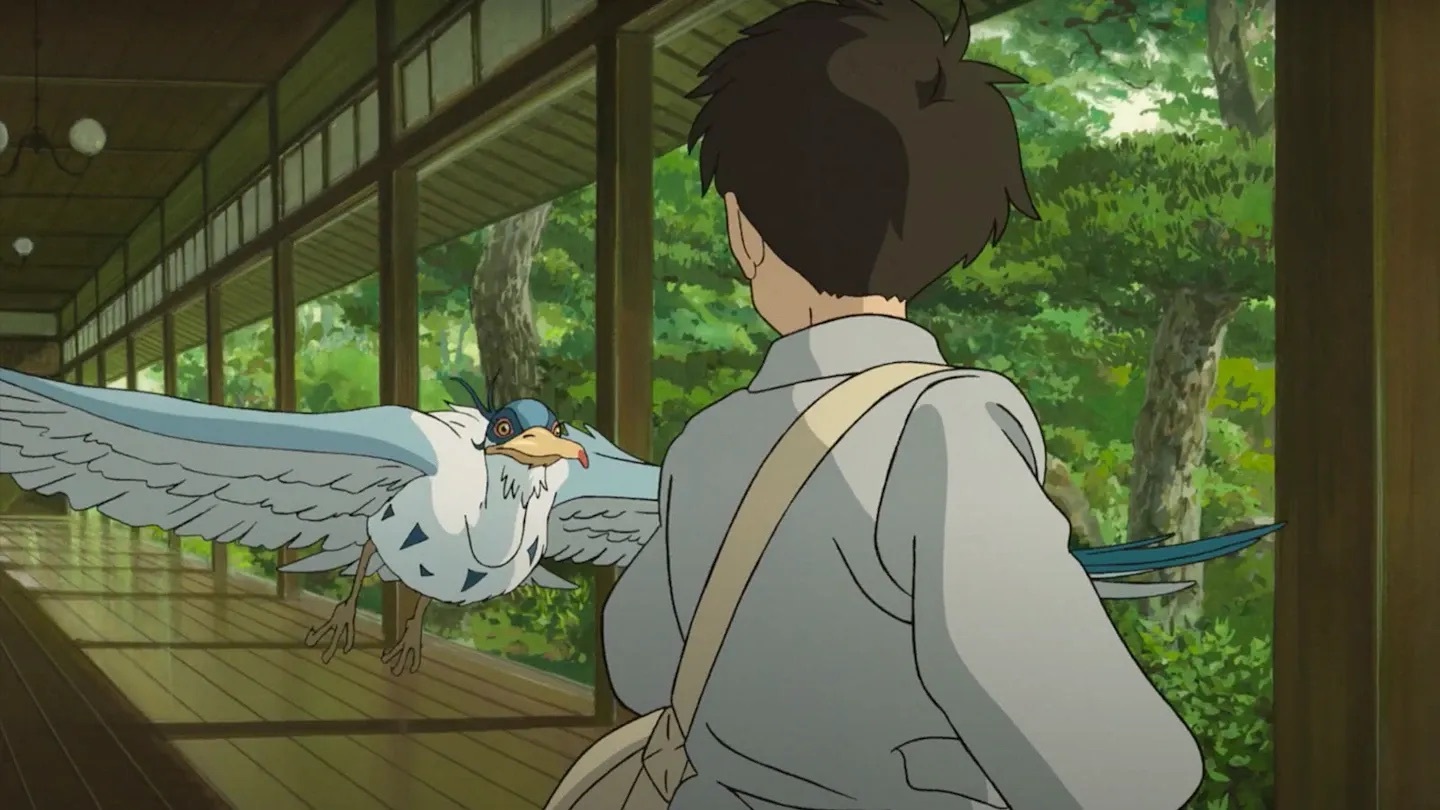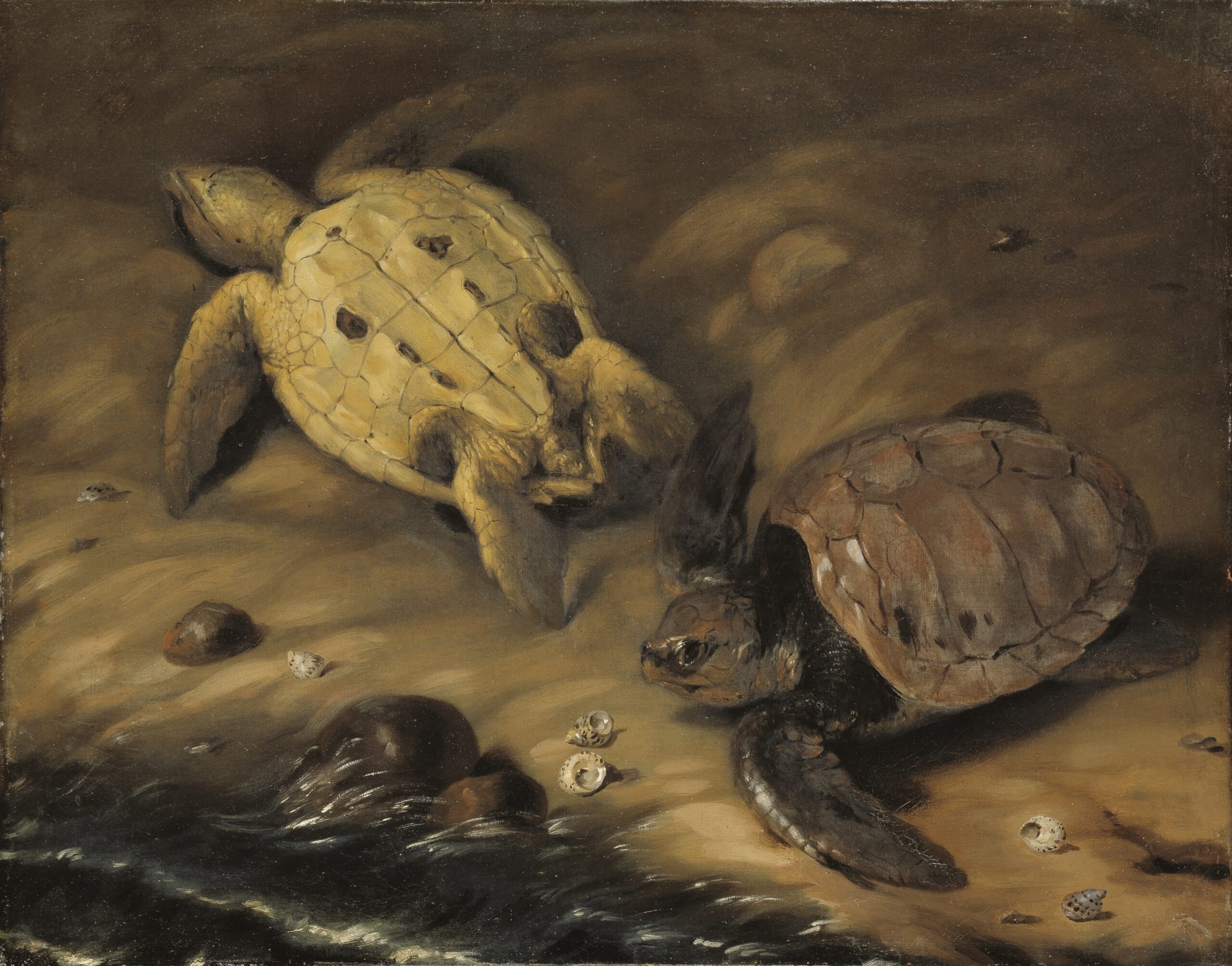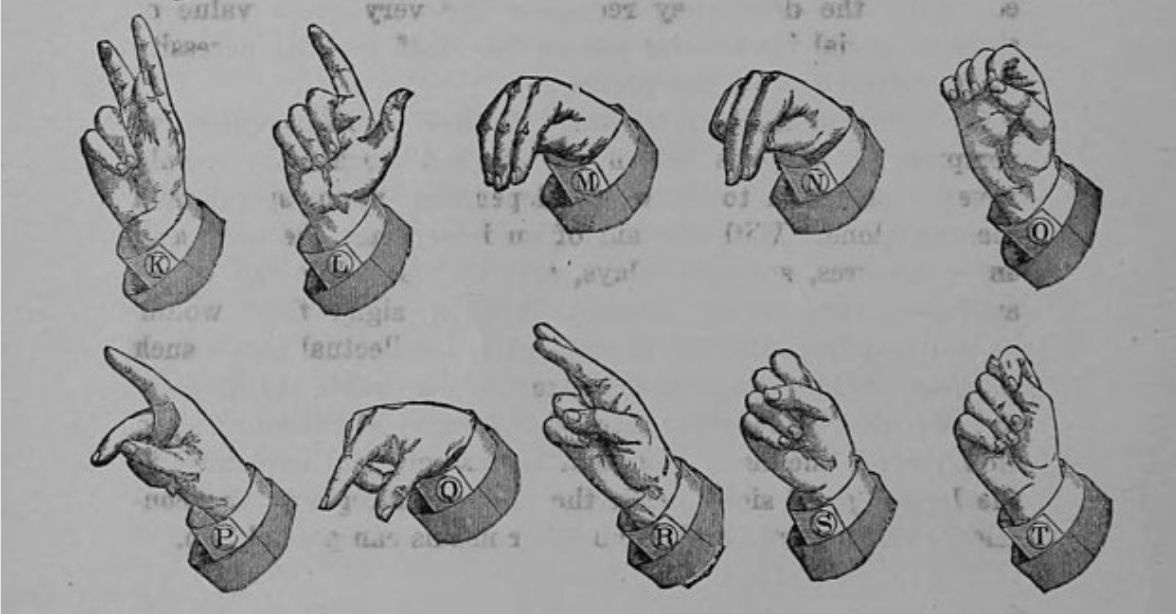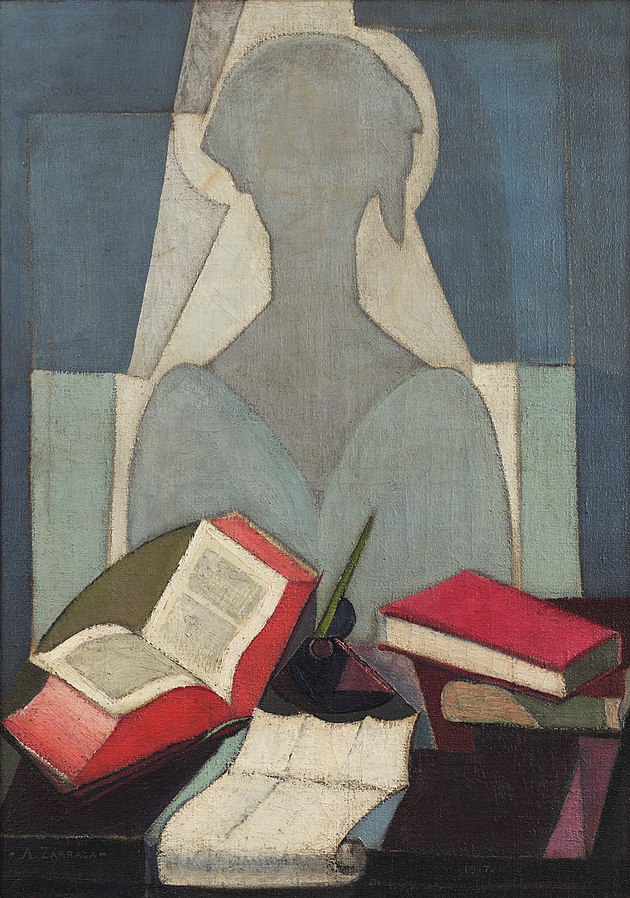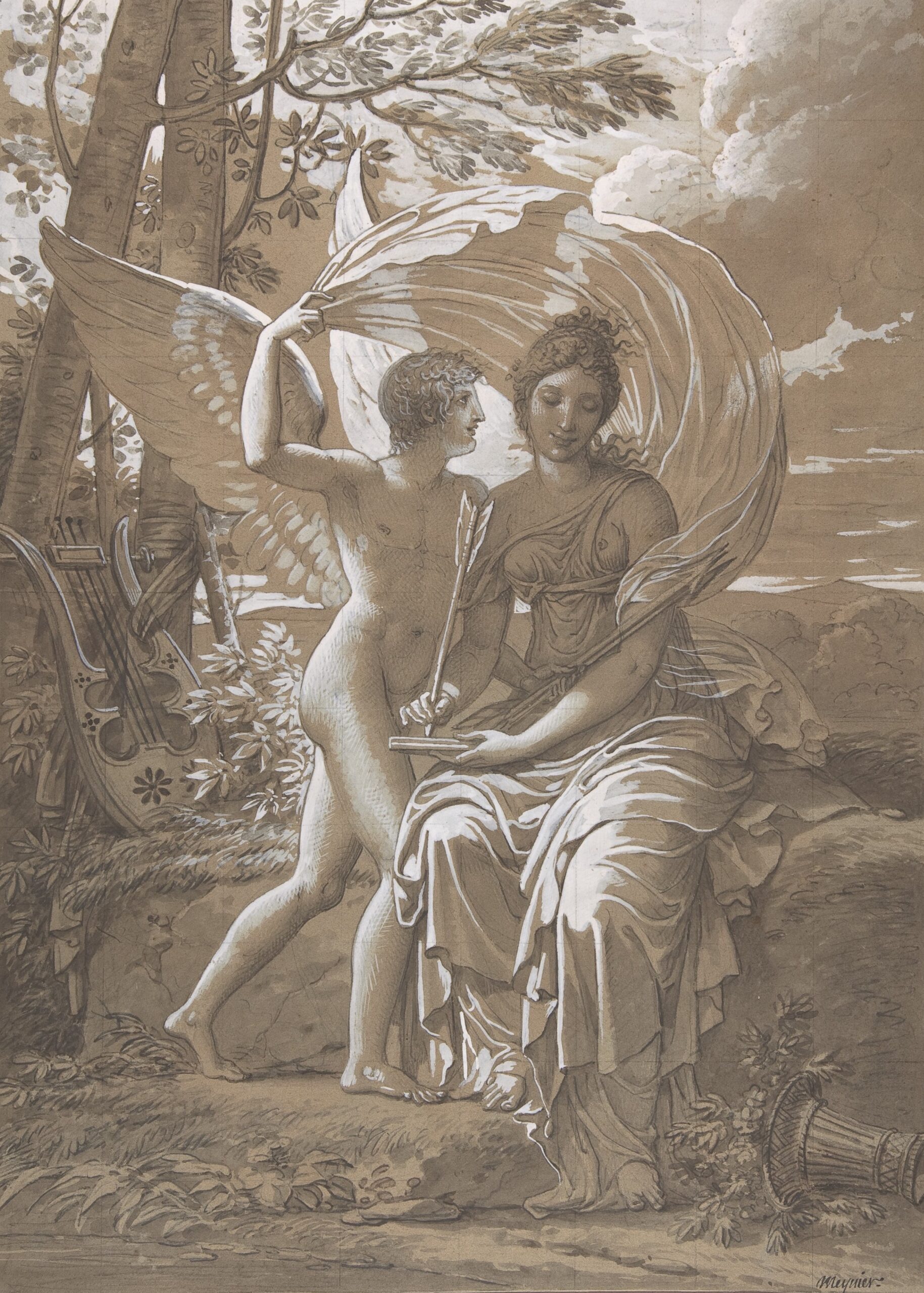I’m chatting with friends at coffee hour. Ours is the kind of high Episcopalian parish that offers something stronger after the Sunday Mass, but I have stuck to tea as I complain about the headache of revising my novel — emotional, sexual, and spiritual crises at an English boys’ school — of revising said novel on deadline, amidst constant interruption by building contractors. (Why it became necessary to renovate an apartment and a manuscript at the same time is a mystery understood only by the Almighty.) My friends are commiserating when a spats-and-pocket-square parishioner interrupts — he knows exactly what I should do, he says. All heads turn to him. He raises a champagne glass: I should forget about English schoolboys, he says, and instead write a novel about a woman, who lives in Brooklyn! — a woman undertaking a hellish renovation. He punctuates his suggestion with a tap to my forearm with his silver-handled cane. That’s quite an idea, I reply. He sips his champagne triumphantly. But, I say, I would rather eat glass. It’s hard enough living my life; I write to get away from it.
All of which puts the kibosh on the expectation that you write “what you know,” or at least write to let your “voice” be heard. What if you find yourself gripped by a world beyond your own, or by characters who speak in a different voice? What if you become obsessed by a fictional English boarding school in the 1920s, by the tumultuous lives of the boys there and the men who teach them? What if imaginative literature were actually to demand…imagination?
My champagne-wielding interlocutor found it absurd that I should labor over characters remote in time, place, and gender. (Did he think it affected? Or simply too strenuous for a woman to write beyond her ken?) If the crush of coffee hour had not separated us, I might have been able to reassure him: Even though I write from the points-of-view of a 17-year-old English boy and his 30-year-old teacher, and even though I am neither male nor English, I have been both 17 and 30, both student and teacher.
Did you do a lot of research? A standard question for novelists whose settings are not blatantly autobiographical. I get asked this question at the dog park, at parties, whenever my interrogator has about 15 seconds for the answer. Not enough time to ask them to define do or define research.
When I was a teenager, I traveled by foot and bicycle around the English countryside, discovering to my amazement that it looked exactly like the photographs, and what’s more that there were no strip malls or interstate highways just off camera. True, in Yorkshire we got buzzed by military jets flying beneath radar on practice runs down the dales, but days later, we could and did get fully lost, our compass bedeviled by lead mines, in the fogs of a miry monstrosity called Cross Fell. There’s nothing like walking 270 miles and three weeks through squelching countryside, spending blister-plagued hours with your walking companion discussing the boggy landscapes of literature, to come to an understanding of Middle Earth and Prydain, of the Brontës, James Herriot, or any of the other books that had once teleported me to England from 1970s Michigan.
 St. Stephen’s Academy, the fictional school where my novel Wilberforce takes place, is set in a real geographical location, on a real train line axed by the Beeching cuts in the 1960s. English place names have the power to enchant, and as in later years I hiked alone from one to another, I passed the hours thinking about the people of my imagination, and wondering where this school of theirs might actually be found. The patch of Yorkshire where the Academy eventually got set isn’t the most beautiful or dramatic; it’s no Swaledale or Wharfedale, no Malham Cove or Pen-y-ghent. In the end, St. Stephen’s put down roots in an inconspicuous corner of East Riding some 18 miles from the sea at Bridlington, 30 from the shipyards of Hull, somewhere farmy, slightly wooded, unspectacular, invisible on the map near Fridaythorpe and Thixendale, on the slow train to Sledmere and Fimber (change at Driffield), along a railway that’s since disappeared (all aboard, Garton for Wetwang, Burdale for Warram-le-Street).
St. Stephen’s Academy, the fictional school where my novel Wilberforce takes place, is set in a real geographical location, on a real train line axed by the Beeching cuts in the 1960s. English place names have the power to enchant, and as in later years I hiked alone from one to another, I passed the hours thinking about the people of my imagination, and wondering where this school of theirs might actually be found. The patch of Yorkshire where the Academy eventually got set isn’t the most beautiful or dramatic; it’s no Swaledale or Wharfedale, no Malham Cove or Pen-y-ghent. In the end, St. Stephen’s put down roots in an inconspicuous corner of East Riding some 18 miles from the sea at Bridlington, 30 from the shipyards of Hull, somewhere farmy, slightly wooded, unspectacular, invisible on the map near Fridaythorpe and Thixendale, on the slow train to Sledmere and Fimber (change at Driffield), along a railway that’s since disappeared (all aboard, Garton for Wetwang, Burdale for Warram-le-Street).
Reading and writing have always been an escape, not merely from boredom or conflict, but as C.S. Lewis put it, from “the illusions of our ordinary life.” Literature can operate as a kind of Tardis, transporting reader and writer somewhere more intimate, more engaged, more real than reality. On the face of it, I’m not drawn to reading novels set in my immediate time and place, but a good writer can enchant me with any topic. It doesn’t matter if she is drawing from her own experience, from someone else’s experience, or from thin air. I will care if she can make her subjects alive, surprising, and true. As I used to tell my students, go deep enough and anything can be fascinating. Even a paperclip? Yes. OK, well how about a story of a kitten…stuck in a Kleenex box! You could write that. OK, but only if it was funny. You could make it tragic; you could make us cry.
My mother likes to imagine that I am actually talking about her in everything I write, and I sometimes wonder what former students, or their parents, will think about the school I created and the people found there. How to explain (to them and my mother) that I am not writing about them? It’s true that my life as a teacher informed the adults in my novel, but teaching gave me no insight into the travails of St. Stephen’s boys. For that I had only two resources: my own teenage mind, and the mind of my English husband, who it turned out had also been a teenager, last century.
In bringing to life the boys’ physical action — their sports, their fights, their constant restlessness — I largely took my own knowledge and extrapolated. I have never dislocated my shoulder (as my young protagonist, Wilberforce, does — twice), but I did get a hairline fracture in my elbow falling off my bike, a surprisingly painful injury that made ordinary tasks impossible. I’m no athlete, but I’ve gone on cycling trips, I’ve flogged myself around the track, I’ve played cutthroat kick-the-can. And although I’ve never been in a fight, I have sustained injuries, and I’ve endured physical therapy that almost made me safeword.
In trying to depict how men and boys desire things, I drew on a mercurial combination of experience (mine, my husband’s) and speculation. While male and female sexuality have things in common, I don’t think they are interchangeable, and part of the spark in a heterosexual coupling is that encounter with something wholly other. Still, if the novelist is to create a world that is not narcissistic — that is, a world in which every character experiences only what she has experienced — if she is to imagine people with other occupations, other family backgrounds, other tastes in take-out food, then is it such a stretch for her to imagine another gender, another desire, another time, or any other human trait?
Wilberforce’s relationships with his mentors are also a product of invention. My own significant moments with students, or indeed with my own teachers, all happened in passing, in exchanges of one or two sentences in the midst of a busy day. I’ve had students burst into tears before me — the dog that died, the parents who announced divorce, the cheat sheet confiscated during the quiz — but I never received a confession, as does Wilberforce’s teacher, Grieves. I’m not sure we even live in a time when students can see wrongdoing as anything more than inappropriate. Moral non-judgmentalism has become the creed. There’s no sense that all human beings, even our friends, even ourselves, are capable of both good and evil. Notions of evil are generally reserved for people we don’t know, or political opponents. At St. Stephen’s, the headmaster speaks vigorously of good, wickedness, evil, truth, God, and love. Today, the most we’re allowed to do is exhort our students to “make good choices,” “be appropriate,” “respect others” all on their way to “changing the world.” It seems to me both a hubris and a diminishment.
I had one moment in the classroom that I let Wilberforce endure, in the part of the story where he finds himself coaching some younger boys. It came the day I announced that I would be leaving at the end of the school year. Two of my more difficult fifth graders, the two I assumed would be most relieved to see me go, came up to me after class, threw their arms around my waist, and begged plaintively, “Don’t go!” It was surprising for me, and heartrending; for Wilberforce, it was torture.
Once I had passed from 17 to 30, from student to teacher, I discovered that “coming of age” is not a process limited to adolescence, a discovery that opened the novel to adult perspective. Even after I’d been teaching many years, I felt — as Grieves does — a pale imitation of the adults I remembered. You’re never entirely sure of what you’re doing, of what your students really need; and, even if you did know, it would be impossible to provide it at all times. Like Grieves, I felt a vast range of emotions towards my students (individually and corporately) and developed the perspective necessary to teach with a measure of dispassion. I learned that the grind of homework I’d complained about in high school was nothing compared to the work of a teacher — prep, grading, meetings, advisory, committees, parents, not to mention actual lessons. I became versed in faculty politics, working with administrators, the delicate handling of parents, and I came to understand that even teachers become captive to school, that events in the outside world can never quite compete with the towering urgency of school affairs. All of which fed Grieves’s point-of-view, but also helped create a link between the fate of Wilberforce and the fate of the school falling apart around him.
While teaching never gave me access to my students’ private lives or crises, it did offer a surprising intimacy through their writing. You might spend a week or more kicking a new class into shape, training them to your routines, learning names, habits, dynamics, but it isn’t until the first writing assignment comes in that you get any sense of the person in the second row. It doesn’t matter whether the writing is creative or expository, edited or raw; the page will reveal the mind behind it. And in that communion — their words and my brief written reply — that’s where the teacher-student alchemy begins.
Novels should not be read as memoir. Still, whether the novelist writes what she knows or what she imagines, her words can conjure a realer reality, one more potent and less illusory than our present distraction. What mind does the page reveal? A 21st-century American widow up to her neck in building renovations, or a band of Englishmen up to their necks in cricket and Latin…and other matters not suited to coffee hour or a family newspaper?
Image Credit: Pexels/Lisa Fotios.



